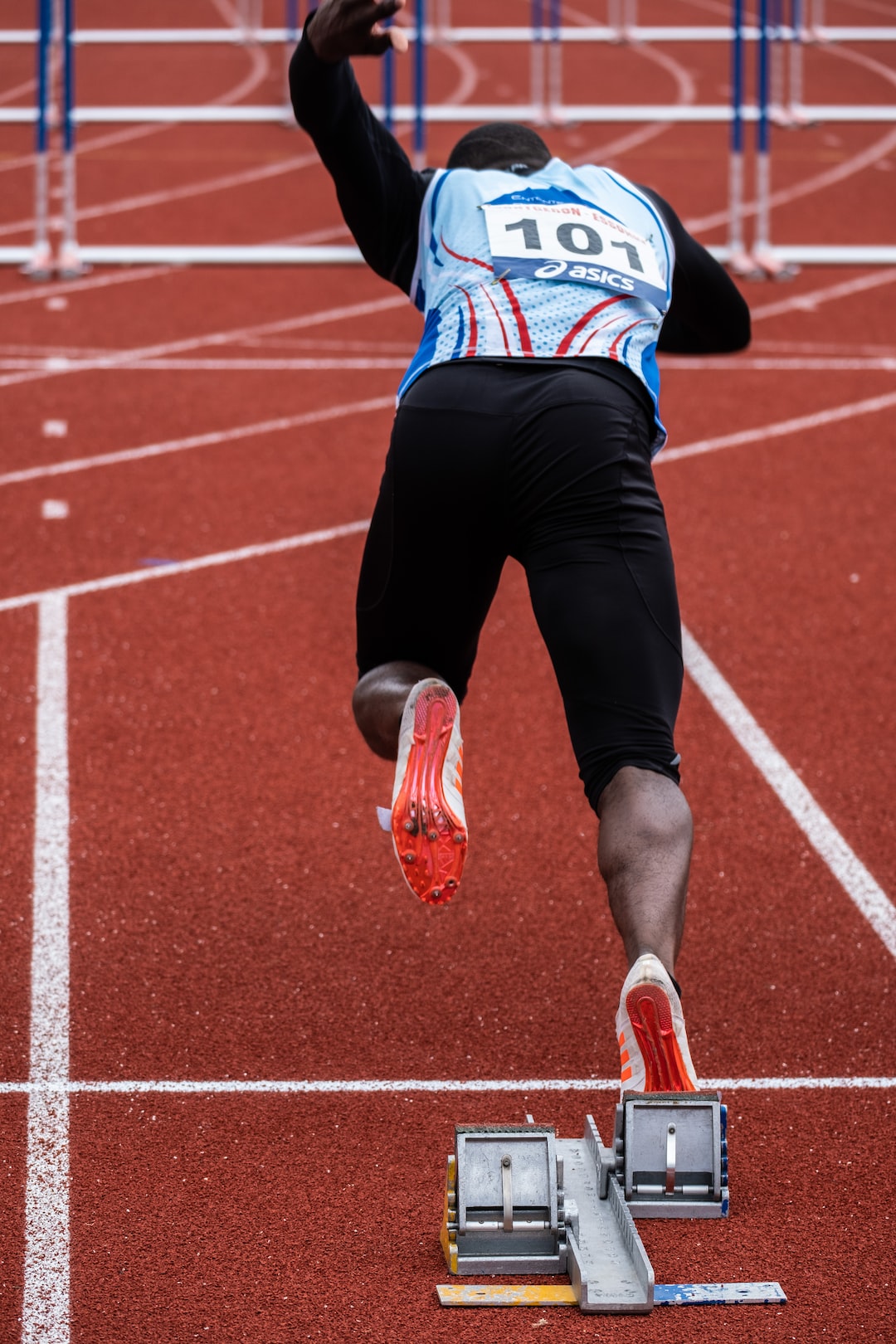The Impact of Sleep on Athletic Performance
When it comes to athletic performance, most people focus solely on training, nutrition, and physical attributes. However, people often overlook the incredible impact that sleep can have on an athlete’s performance. Sleep is not only a time of rest but also a crucial period for the body to repair itself and enhance various functions. In this blog post, we will explore the direct and indirect effects of sleep on athletic performance and why getting enough quality sleep is essential for athletes.
One of the primary ways sleep affects athletic performance is through its impact on physical recovery. During sleep, the body releases growth hormone, which aids in repairing and building muscles. Lack of sleep can disrupt this process and hinder the body’s ability to recover effectively. Athletes who consistently get optimal levels of sleep are more likely to experience reduced muscle soreness, faster recovery times, and decreased risk of injuries.
Moreover, sleep plays a significant role in cognitive function, which is crucial for athletes during training and competitions. Studies have shown that lack of sleep impairs decision-making skills, reaction time, and accuracy, all of which are essential for peak athletic performance. Poor sleep can also lead to decreased focus and increased fatigue, making it more challenging for athletes to concentrate and perform at their best.
Furthermore, sleep has a powerful impact on energy levels and stamina. Without enough sleep, athletes may experience reduced glycogen storage, impaired carbohydrate utilization, and decreased aerobic capacity, all of which can greatly affect performance. When an athlete has adequate sleep, their muscles replenish glycogen more efficiently, providing them with the necessary energy to perform at a higher intensity and for longer periods of time.
In addition to its direct effects, sleep also indirectly impacts athletic performance through its influence on mental health and overall well-being. Lack of sleep has been strongly linked to increased stress levels, anxiety, and depression. These psychological burdens can impair an athlete’s motivation, confidence, and overall mental state, ultimately hindering their performance.
Furthermore, sleep deprivation has been associated with an increased risk of weight gain and obesity. The hormones leptin and ghrelin, responsible for regulating appetite and satiety, are affected by sleep. Insufficient sleep disrupts the balance of these hormones, causing an increase in appetite and cravings for unhealthy foods. This can lead to weight gain, decreased muscle mass, and ultimately a decline in athletic performance.
To optimize sleep and enhance athletic performance, athletes should prioritize establishing a consistent sleep routine. Going to bed and waking up at the same time every day helps regulate the body’s internal clock and promotes quality sleep. Creating a sleep-friendly environment, free from distractions and with a comfortable temperature, is also crucial.
Limiting exposure to electronic devices, such as smartphones and laptops, before bedtime is essential, as the blue light emitted by these devices can disrupt the body’s natural sleep-wake cycle. Instead, engaging in relaxing activities such as reading a book, taking a warm bath, or practicing meditation can promote better sleep.
Additionally, napping can be a useful tool for athletes to supplement their sleep and enhance recovery. Short power naps of around 20-30 minutes have been shown to improve focus, alertness, and overall performance. However, athletes should be cautious not to nap too close to bedtime, as it may interfere with their ability to fall asleep at night.
In conclusion, sleep is a critical factor that significantly impacts an athlete’s performance both directly and indirectly. Optimizing sleep quality and quantity can enhance physical recovery, cognitive function, energy levels, and overall well-being. By prioritizing sleep as a part of their training regimen, athletes can unlock their full potential and achieve peak performance on the field or court. So, next time you think about skipping out on sleep, remember that it might be the missing piece of the puzzle for achieving your athletic goals.
